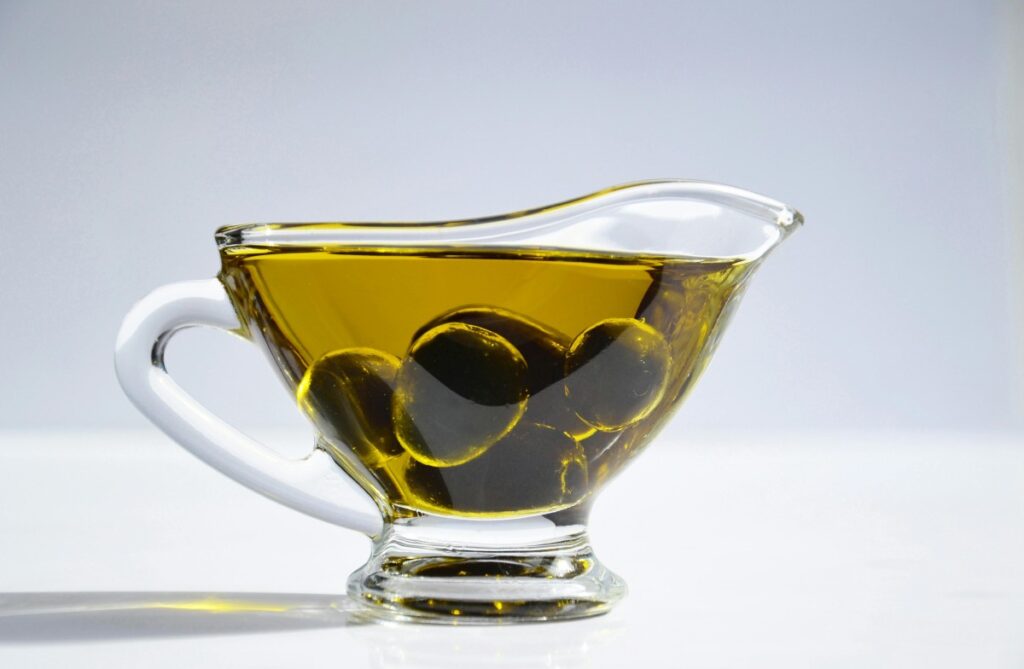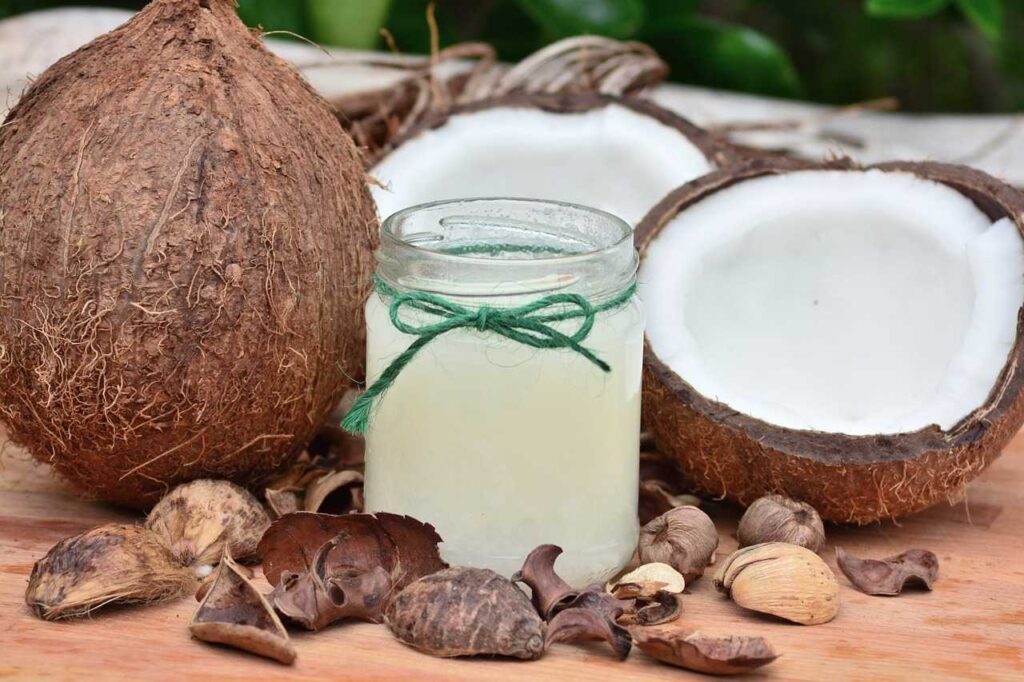Essential oils are highly concentrated plant extracts known for their aromatic properties and therapeutic benefits. However, due to their potency, they should be diluted with carrier oils before topical application to ensure safety and enhance their effectiveness. Carrier oils not only dilute essential oils but also provide additional nourishment to the skin. In this blog, we’ll explore ten popular carrier oils, their benefits, and how to use them effectively with essential oils.
1. Coconut Oil
Benefits
- Moisturizing: Coconut oil is rich in fatty acids, making it an excellent moisturizer for dry skin.
- Antimicrobial Properties: It has natural antibacterial and antifungal properties, helping to protect the skin.
- Absorption: Coconut oil absorbs well into the skin, allowing essential oils to penetrate effectively.
How to Use
- Mix a few drops of essential oil with a tablespoon of coconut oil for a soothing massage oil.
2. Jojoba Oil
Benefits
- Similar to Skin’s Natural Oils: Jojoba oil closely resembles the sebum produced by our skin, making it ideal for all skin types.
- Non-Comedogenic: It won’t clog pores, making it suitable for oily and acne-prone skin.
- Moisturizing: Jojoba oil helps to hydrate and balance the skin without leaving a greasy residue.
How to Use
- Combine jojoba oil with essential oils for a facial serum that hydrates and nourishes the skin.
3. Sweet Almond Oil
Benefits
- Rich in Vitamins: Sweet almond oil is packed with vitamins A, E, and D, promoting skin health and elasticity.
- Soothing: It is known for its calming properties, making it ideal for sensitive or irritated skin.
- Lightweight: Its lightweight texture makes it suitable for all skin types and a great option for massage oils.
How to Use
- Use sweet almond oil as a base for blending with calming essential oils like lavender or chamomile.
4. Olive Oil

Benefits
- Antioxidant-Rich: Olive oil is rich in antioxidants, which help protect the skin from environmental damage.
- Deeply Moisturizing: It provides intense hydration, making it excellent for dry or mature skin.
- Anti-Inflammatory: Olive oil has anti-inflammatory properties that can help soothe irritated skin.
How to Use
- Mix olive oil with essential oils for a nourishing body lotion or a soothing treatment for dry patches.
5. Grapeseed Oil
Benefits
- Lightweight: Grapeseed oil is a lightweight oil that absorbs quickly without leaving a greasy feel.
- Rich in Linoleic Acid: It helps balance oily skin and is suitable for acne-prone individuals.
- Antioxidant Properties: It contains antioxidants that protect the skin from free radical damage.
How to Use
- Use grapeseed oil as a carrier oil for essential oils targeting acne or oily skin, such as tea tree or eucalyptus.
6. Argan Oil
Benefits
- Highly Nourishing: Argan oil is rich in fatty acids and vitamin E, making it a powerful moisturizer.
- Anti-Aging: It helps reduce the appearance of fine lines and wrinkles due to its high antioxidant content.
- Restores Elasticity: Argan oil improves skin elasticity, making it beneficial for mature skin.
How to Use
- Blend argan oil with essential oils like rose or frankincense for an anti-aging serum.
7. Avocado Oil
Benefits
- Deeply Penetrating: Avocado oil penetrates deeply into the skin, providing intense hydration and nourishment.
- Rich in Nutrients: It contains vitamins A, D, and E, promoting skin health and healing.
- Soothing: Avocado oil is excellent for sensitive or inflamed skin, providing relief from irritation.
How to Use
- Combine avocado oil with essential oils for a hydrating mask or treatment for dry skin.
8. Sunflower Oil
Benefits
- Rich in Vitamin E: Sunflower oil is high in vitamin E, which helps protect and nourish the skin.
- Non-Greasy: Its lightweight texture makes it suitable for all skin types and great for everyday use.
- Soothing Properties: Sunflower oil can help calm irritated skin and is suitable for sensitive skin.
How to Use
- Use sunflower oil as a carrier for essential oils aimed at calming or soothing the skin, such as chamomile or lavender.
9. Fractionated Coconut Oil

Benefits
- Stable and Lightweight: Unlike regular coconut oil, fractionated coconut oil remains liquid at room temperature and absorbs quickly.
- Long Shelf Life: It has a long shelf life and doesn’t solidify, making it easy to use.
- Non-Greasy: It provides a non-greasy feel, making it ideal for massage oils and skincare blends.
How to Use
- Mix fractionated coconut oil with your favorite essential oils for a lightweight body oil or massage blend.
10. Hemp Seed Oil
Benefits
- Balancing: Hemp seed oil helps balance oily and dry skin types due to its unique fatty acid profile.
- Rich in Omega Fatty Acids: It contains omega-3 and omega-6 fatty acids, which are excellent for maintaining skin health.
- Anti-Inflammatory: Hemp seed oil has anti-inflammatory properties, making it ideal for irritated or sensitive skin.
How to Use
- Combine hemp seed oil with essential oils like lavender or peppermint for a soothing facial oil.
Conclusion
Carrier oils play a crucial role in the safe and effective use of essential oils, providing nourishment and enhancing their therapeutic benefits. By understanding the unique properties of different carrier oils, you can choose the best one to complement your essential oil blend. Whether you’re looking to hydrate, soothe, or protect your skin, the right carrier oil can help you achieve your skincare goals. Always perform a patch test before using new oils to ensure they are suitable for your skin type, and enjoy the many benefits they offer!

